
April 30, 2025
Sienna Reinders, Assistant News Editor
April 9, 2025
Molly O’Connor, Digital Producer
April 2, 2025
Allison Schneider, Editor-in-Chief
March 26, 2025
Jonah Ring, Editorial Director
March 5, 2025
Mia Tero, Culture Editor
February 26, 2025
Ian Nelson, Assistant Sports Editor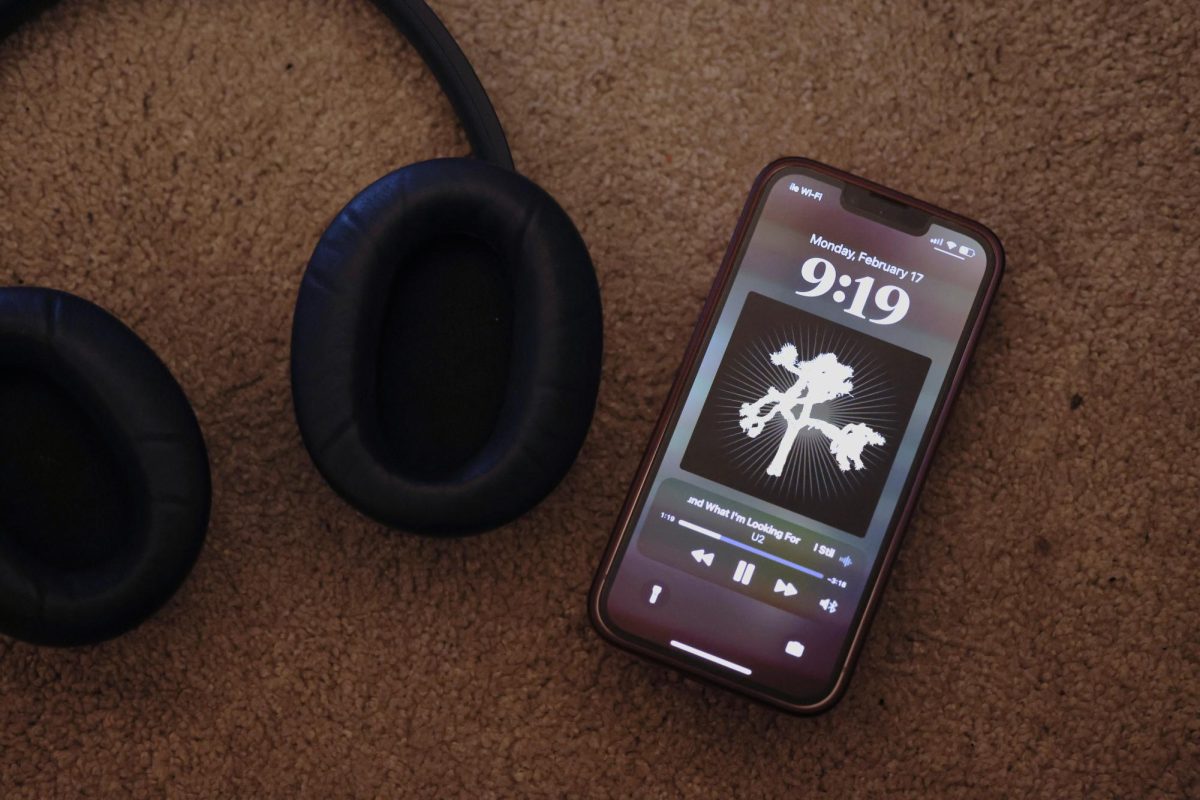
February 19, 2025
Jack McDonald, Advertising Director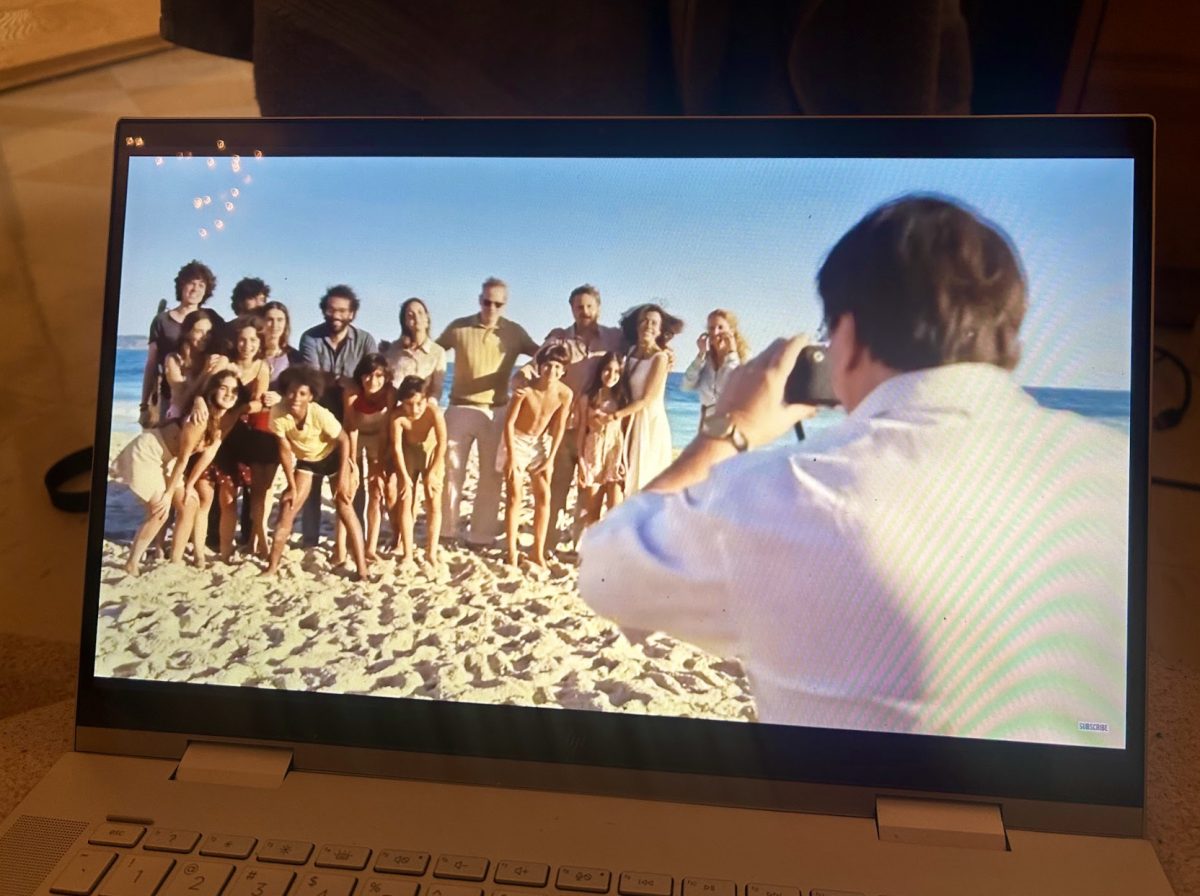
February 12, 2025
Chelsea DeLalla, Culture Editor
February 5, 2025
Andrew Massie, Features Editor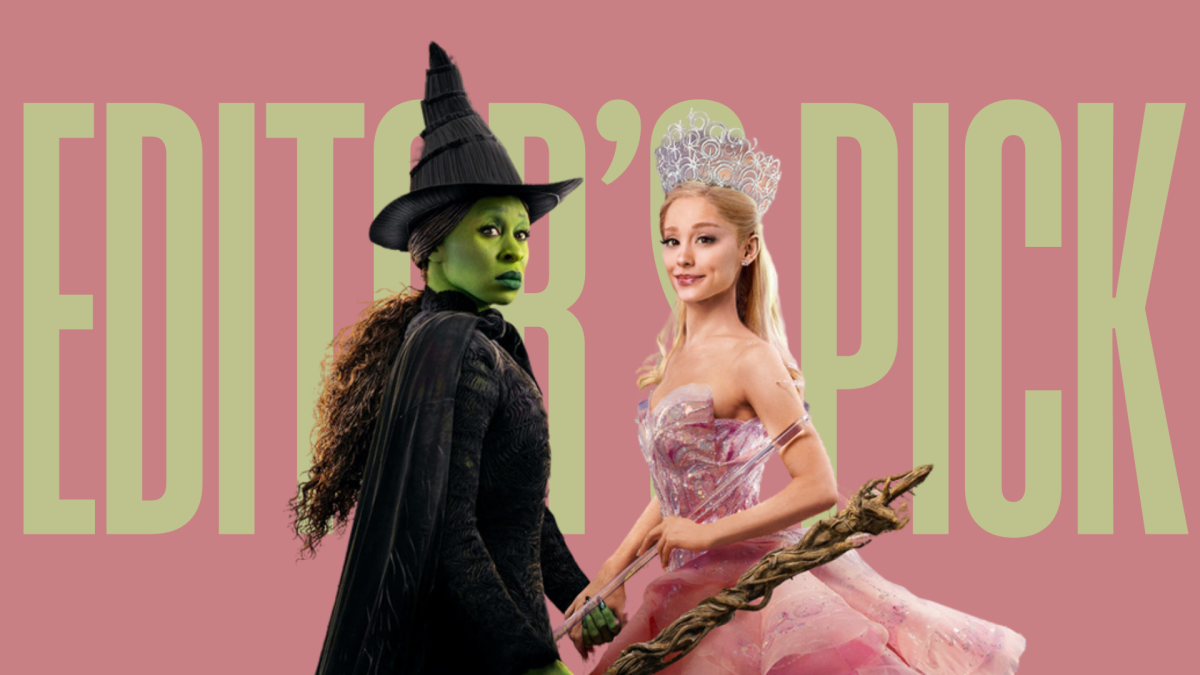
January 29, 2025
Sophie Maselli, Production Editor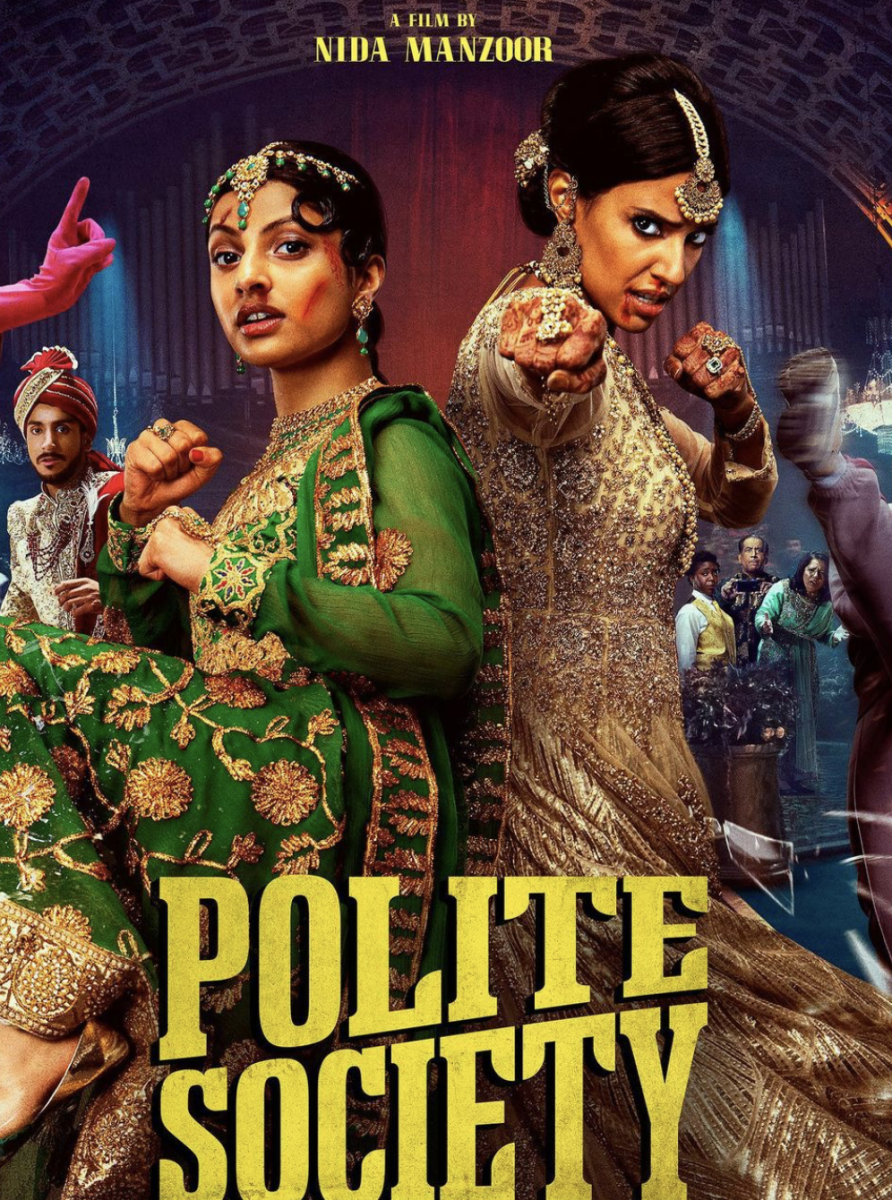
November 20, 2024
Saisha Islam, Opinion Editor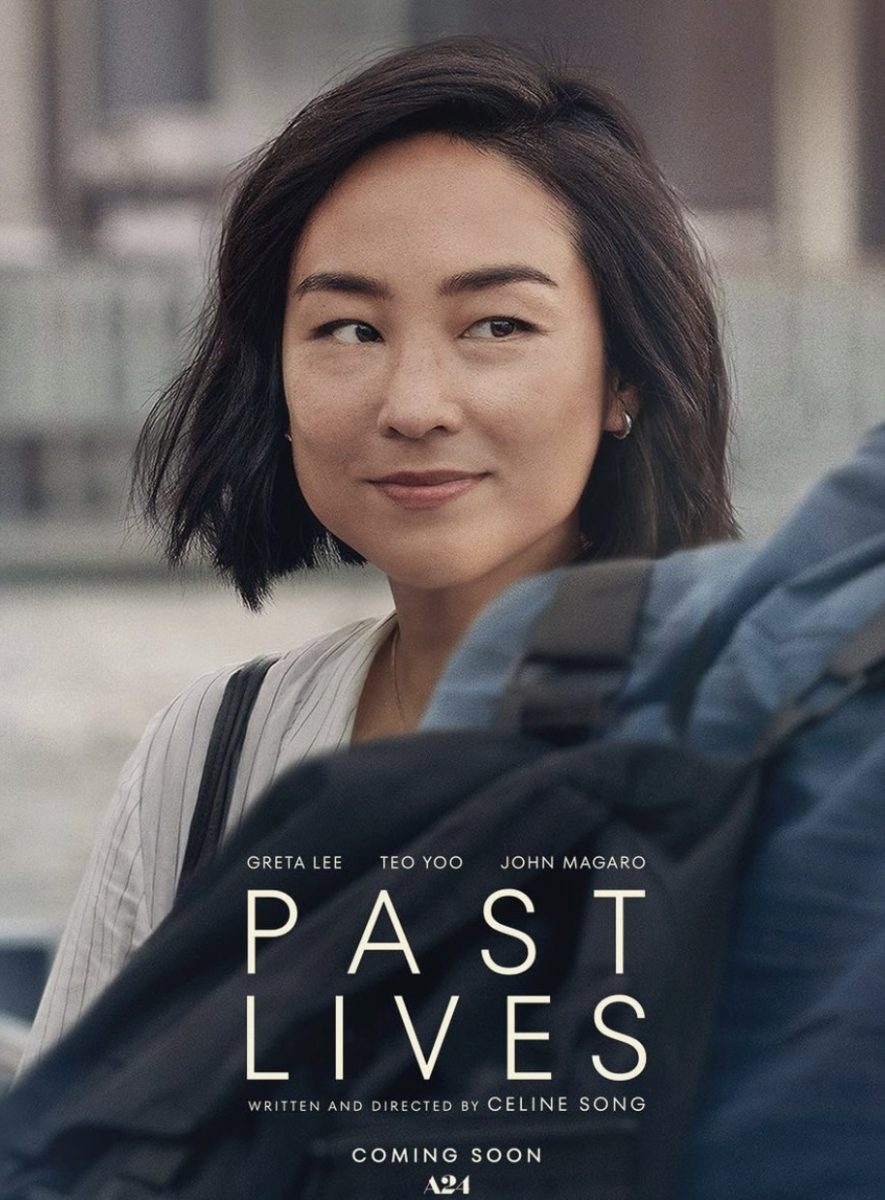
November 13, 2024
Cailee Zeraat, Copy Chief
View All
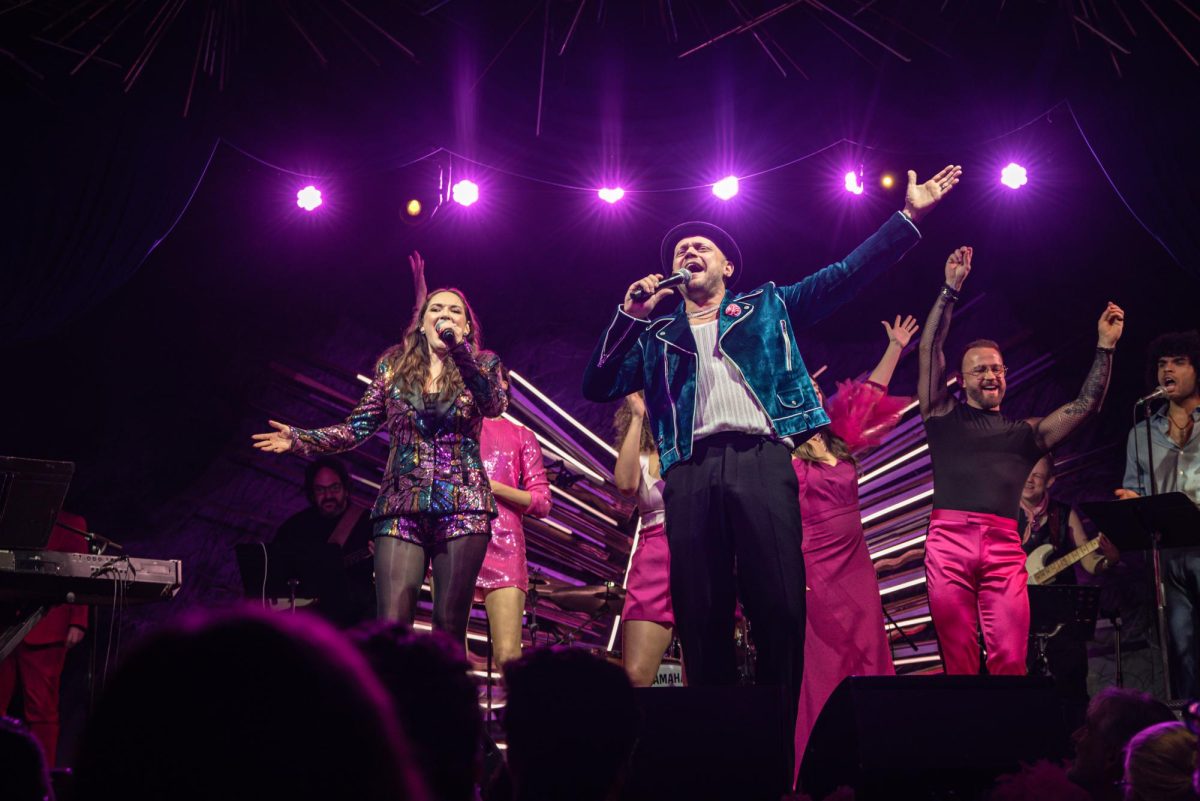
Chelsea DeLalla, Culture Editor • May 12, 2025

Lusa Holmstrom, Assistant Opinion Editor Emeritus • April 30, 2025

Emma Leonardi, Executive Copy Editor • April 30, 2025
View All

Grace Galbreath, Assistant News Editor Emeritus • April 9, 2025
PM_Config.PM_BasePath = "https://puzzleme.amuselabs.com/pmm/"; Made by Grace Galbreath using PuzzleMe's online crossword...
View All

Lara Ejzak , Contributing Writer • February 26, 2025

Chelsea DeLalla, Culture Editor • February 19, 2025

Abigail Smith, Contributing Writer • February 5, 2025

Claire Krieger, Culture Editor • November 20, 2024

Abigail Smith, Contributing Writer • November 6, 2024
View All

Lusa Holmstrom, Assistant Opinion Editor Emeritus • April 30, 2025

Emma Leonardi, Executive Copy Editor • April 30, 2025

Lara Ejzak, Contributing Writer • April 30, 2025

Aaryan Sama, Staff Writer • April 23, 2025

Malgorzata Gorska, Contributing Writer • April 9, 2025
View All

















































































































































































